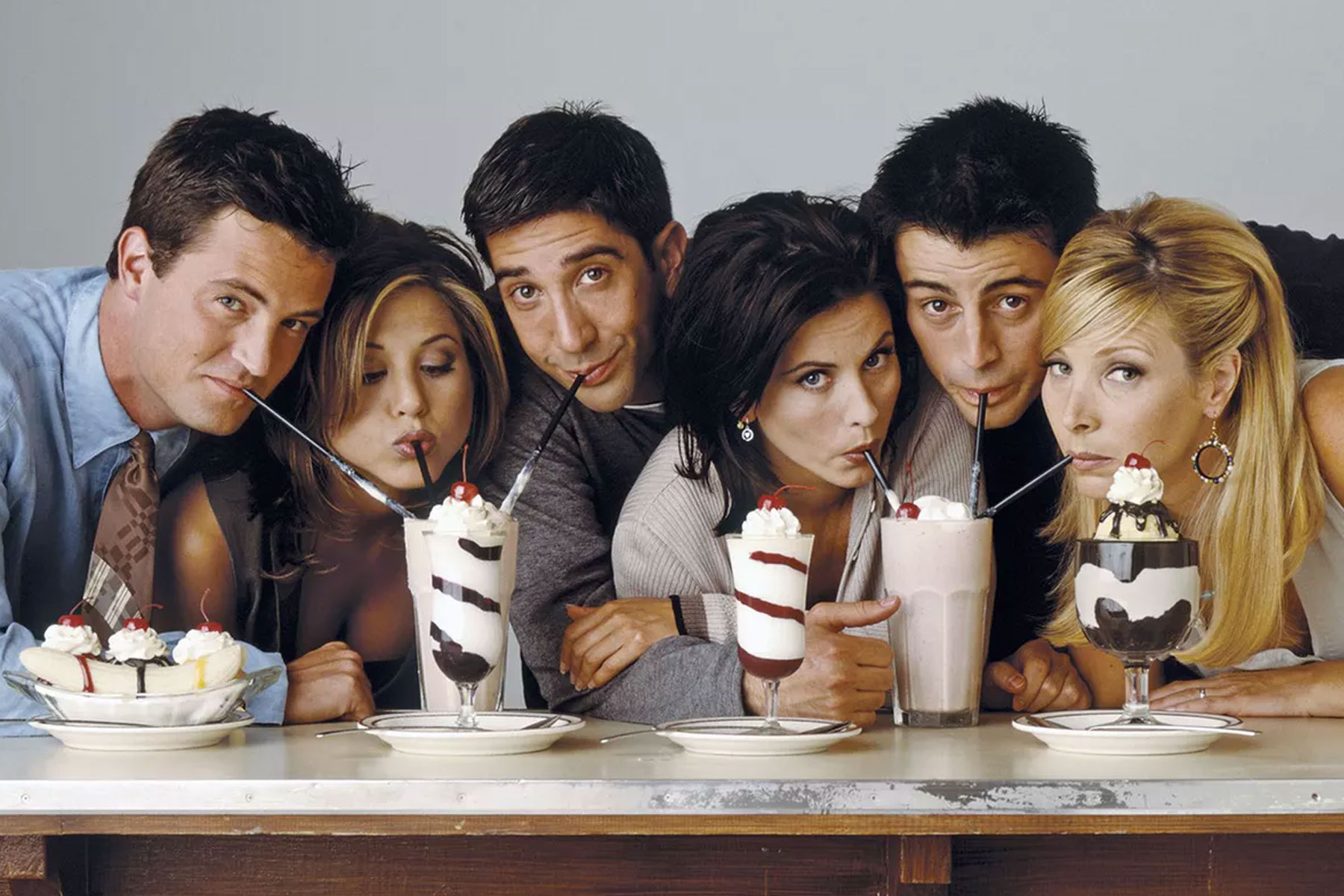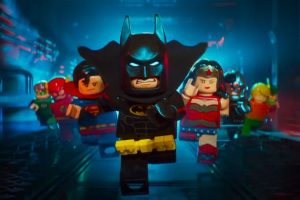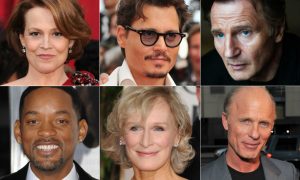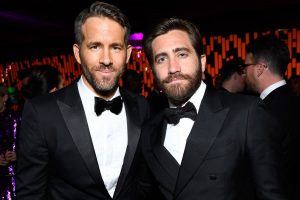A few clips thrown together, familiar faces sharing screen time, and that same font are all it took to convince netizens a Friends movie is in the works. Are we really this daft?
In retrospect, it’s rather telling that this trailer ends with Jennifer Aniston going “It’s not real!” But naturally, that did nothing to deter the recent wave of Friends frenzy rippling through Facebook, as fans excitedly announced they “Can’t wait!” or “Must. Not. Cry.”
This ‘concept trailer’ was one of the first things I saw on a weekday morning, so I watched it in a self-admitted haze. Even then, it was obvious that these clips were patched together from Cougar Town, Episodes, and Web Therapy – all recent works of Friends alumni, featuring multiple cameos that seem almost too conducive to the creation of fake trailers.
So why did so many people fall for it?
Hoaxes pocus
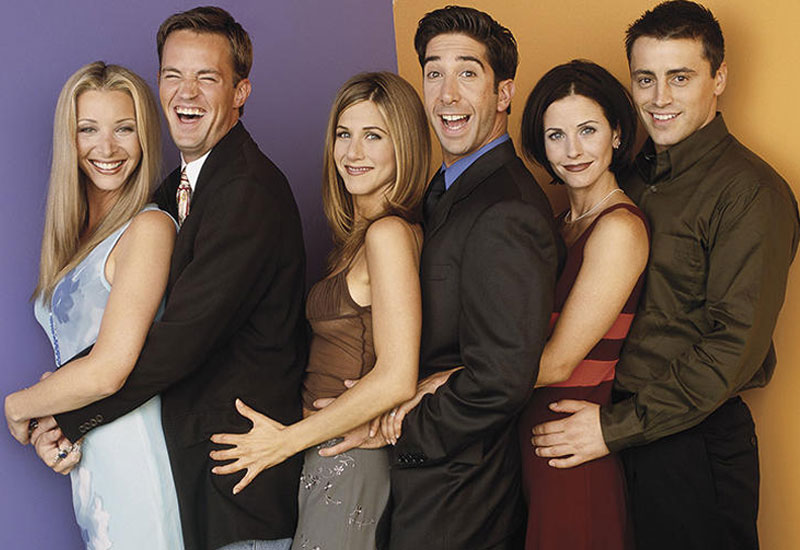
Posted by YouTube account Smasher, this trailer is not the first to hint at a Friends movie. A quick YouTube search proves this. The video only began spreading like wildfire after a comedy page (also dubiously) named Will Ferrell posted it.
Here’s how Facebook algorithm works – the greater the engagement, the greater its purported veracity. This means millions saw it simply because thousands others liked, commented, or shared. At least three of my friends had shared it, which explains why it popped up on my timeline despite me never having followed Friends or Will Ferrell pages.
While we maintain that common sense and information go a long way, it’s hardly surprising that netizens would fall for fabrications of this nature. Pew Center carried out a research after the 2016 American election that found 64% of adults believe fake news stories cause confusion, but 23% admitted to having shared fabricated political stories themselves, whether accidentally or intentionally.
The magic of the internet is that almost anyone with the right formula can claim authority. False narratives playing on relatability and nostalgia reach the ends of the (virtual) earth as people extend their findings to their friends.
This malleability of truth doesn’t always illicit doubt. Most social media users are happy to share anything that echoes in their chamber of emotion and belief. Kevin Kelly, co-founder of Wired, said it best, “Truth is no longer dictated by authorities, but is networked by peers. For every fact there is a counter-fact and all these counter-facts and facts look identical online, which is confusing to most people.”
Obfuscating senses
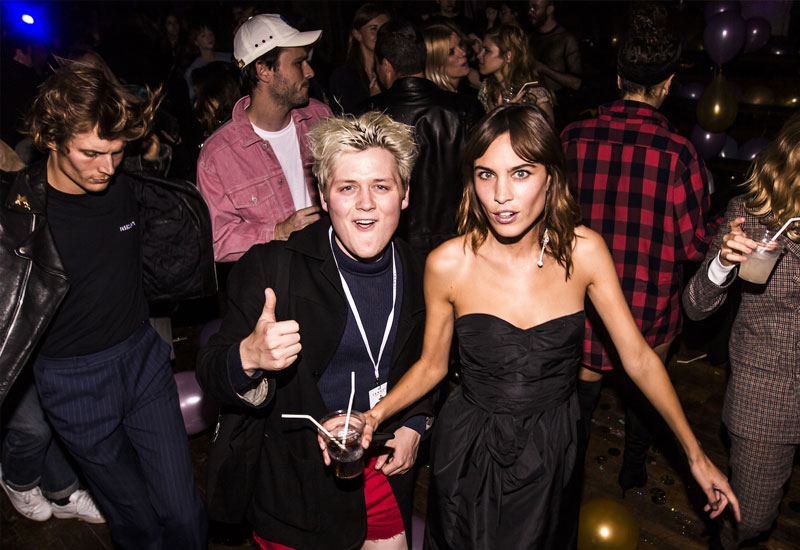
Vice’s Oobah Butler seems hell-bent on proving the potential of online tomfoolery. He has pulled off rather elaborate pranks in fashion and dining scenes, pretending to be a little-known streetwear designer at Paris Fashion Week, and cooking up The Shed at Dulwich – a ‘homey’ backyard restaurant recently rated TripAdvisor’s best eatery in Britain. It owes this brief reign to fake reviews, artfully angled food shots, a ‘mood-based’ menu, and a whole lot of pretending to be fully booked.
“You could look at this cynically – argue that the odour of the internet is so strong nowadays that people can no longer use their senses properly. But I like to be positive. If I can transform my garden into London’s best restaurant, literally anything is possible,” reads his report’s cheeky conclusion.
Where Friends is concerned, co-creater Marta Kauffman actually shut down the possibility of a reunion movie back in 2016, saying it had run its lifespan so won’t you, for the love of Phoebe, get over this show already? (in different words, obviously)
We think that’s good enough to put this Friends movie rumour to bed once and for all. Oh, and the next time you come across something that seems too good to be true on the great big web… it probably is. Just remember, a little fact-checking never hurt nobody.


